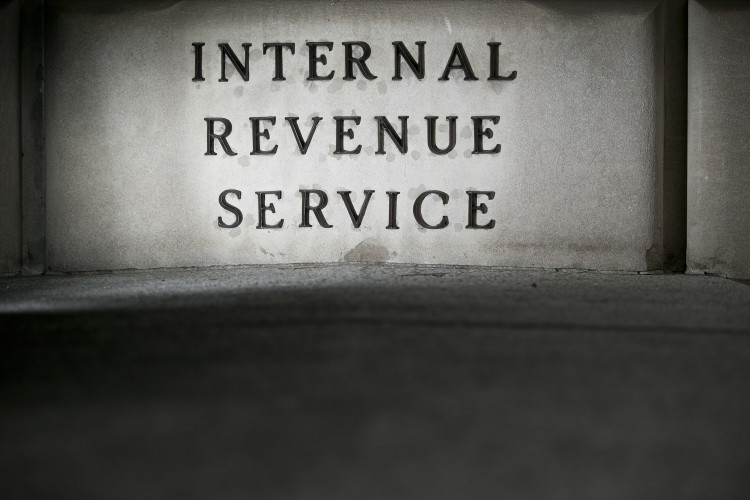Tax Cut Calculator Unveiled by Treasury to Verify Withholding

published Feb 28, 2018, 4:42:18 PM, by Sahil Kapur
(Bloomberg) —
The U.S. Treasury Department unveiled an online calculator Wednesday to help Americans determine whether the amount of federal taxes being withheld from their pay is accurate under a new tax law.
The tax overhaul, passed by congressional Republicans in December, is estimated to boost after-tax incomes for most Americans in the initial years. Treasury said the changes would begin showing up in paychecks this month.
“Treasury estimates that the vast majority of employees in America will experience pay raises” as a result of lower tax bills for companies they work for, Treasury Secretary Steven Mnuchin said at a news conference.
The calculator became available Wednesday at irs.gov, the website of the Internal Revenue Service. Acting IRS Commissioner David Kautter said the two groups of Americans he most recommends use the calculator are people with high itemized deductions, so they can understand which of their tax breaks have changed, and two-earner couples, to ascertain whether they’ve been pushed into a different bracket under the new system.
Democrats have asked for more information about the withholding tables and how the calculations are made. The Treasury Department indicated in a letter that it’s seeking to “help workers ensure they are not having too much or too little withholding taken out of their pay.”
Republicans have emphasized the bonuses and raises that companies have awarded workers after enactment of the law, which cut the corporate tax rate from 35 percent to 21 percent. The Senate Finance Committee’s top Democrat, Ron Wyden of Oregon, said Wednesday that many companies are using their after-tax gains to buy back their shares on the stock market.
The full effects of the tax law for 2018 won’t be felt by Americans until the April 2019 filing season.
The tax law lowered individual rates across the board while increasing the child tax credit and limiting some deductions and personal exemptions; those changes are set to expire after eight years. The law is projected to raise the deficit by about $1.5 trillion over a decade.
To contact the reporter on this story: Sahil Kapur in Washington at skapur39@bloomberg.net To contact the editors responsible for this story: Joe Sobczyk at jsobczyk@bloomberg.net Justin Blum, Laurie Asséo
COPYRIGHT
© 2018 Bloomberg L.P







No Comment